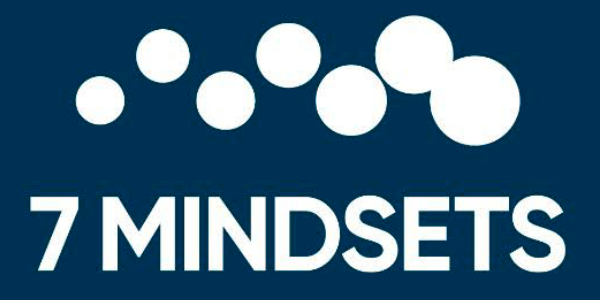By Robin Glenn
This is my 20th year writing pieces in recognition of Mental Health Awareness. Each year I write about the harsh statistics, I raise awareness, and I try in perpetuity to validate the feelings and concerns of all humans.
This year is different. This year is different in a million macro and micro ways…for all people.
The statistics are telling. Mental health issues are on the rise. Upticks in anxiety and depression are directly related to the new challenges of this monumental year. Isolation, economic hardship, racial unrest, political turmoil, grief and loss, all things COVID, professional uncertainty… this list goes on and on.
We have always been aware of mental health issues. We have always struggled with how to reach our most vulnerable as well as educate the uninformed. Lives continue to suffer. No one is alone, yet many still grapple with the realization that while they’re not alone, their reality would suggest otherwise.
Enter our newest generation.
My sister-in-law recently sent me a picture of my nephew on his first day of kindergarten. My initial reaction was not joy or excitement, as expected in a typical photo of a rite of passage. Not this year. This year my reaction to this milestone was sorrow.
His headphones on, his little feet dangling, and the sheer isolation distancing him from something we all took for granted in the times of “P.C.” (pre-COVID). That first experience of meeting a new friend, standing in a line marching proudly and nervously away from parents, further exercising individuation. The excitement of opening a lunch box, the confusion of the perfuse capabilities of a banana despite impenetrable wrappings, the proud responsibility of recalling a lunch number, learning about new people through the food they eat, and swapping out anything for a tater tot. Learning about oneself in a sea of new faces, interacting with a teacher for the first time- a new adult teacher who is not a guardian. Running outside to an undiscovered playground, coming back inside to the smell of paste, sweaty childhood, and snack time. Finally, the proudest moment of all… running into the arms of a loving caregiver at the end of the day with a memorable paper token in hand. Being able to share the stories of growth, triumph, and accomplishment and having a taste of what’s to come… None of that was in his universe that day.
As Little Man learns that isolation is “normal,” what will become of him? How will he ever feel as though he is not alone? In a recent NPR article, 3 in 5 Americans are lonely. In this article, Doug Nemecek, the chief medical officer for behavioral health at Cigna, stated that “In-person connections are what matters. Sharing that time to have meaningful interaction and conversation, to share our lives with others, is important to help us mitigate and minimize loneliness.”
Without these interactions nor the experience of confidence-boosting milestones, how will this generation be impacted? What will the mental health of our youngest citizens reflect? Will they be more resilient because they never knew what was once considered normal? Will they not crave socialization? Will their DNA alter us just a little bit toward being lone wolves? Will their experiences change the way we interact as a society? Or will their innate building blocks predispose them to greater loneliness, anxiety, depression, and withdrawal?
Little Man is making history. We have yet to grasp the outcomes directly related to his generation’s experience. Post-Traumatic Stress Disorder (PTSD) is an outcome already on the rise among adolescents and adults. This is characterized by intense emotional upset following a highly distressing experience. Does Little Man know enough to become traumatized? Will the repercussions be the same for him as seen in others through lack of mood stabilization, resilience, and difficulty overcoming challenges? It’s hard to know.
How do we support these little people in times that are so uncertain for even the most well-grounded adults? Caregivers are depressed, anxious, traumatized, and depleted. Now they’re tasked with instilling a sense of security and “normalcy” in their little pioneers. They can only do their best and leave it at that. The added pressure of needing to outperform beyond one’s ability to bolster is an added stressor for many caretakers. A few helpful tips include: providing specific praise with exuberance, telling them you are proud, having them show you around their “classroom,” and asking about their friends. Their world is as real to them as yours was back in the old days. Treat them like the little groundbreakers they are, and let them know they are amazing because they are. They’re trailblazers.
In another 20 years, what will my Mental Health Awareness Month write-ups cover? Detachment? Apathy? Resilience? How will we be believable when we say, “you’re not alone”? Human beings are capable of enduring and growing from extreme suffering, out of which we find light and joy. Will our smallest members of society shed light on new levels of joy? Will they find new ways to feel connected? I am optimistically hopeful that these little people will introduce to us a new way of living and of connecting. I choose to believe that they are stronger than we know. I believe they will break ground on the challenges of mental health because they will know something that we don’t. The possibilities of these outcomes are endless, and I choose to remain hopeful because Little Man is changing the world.




